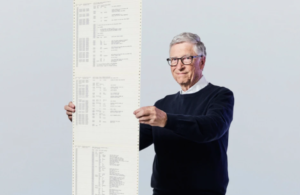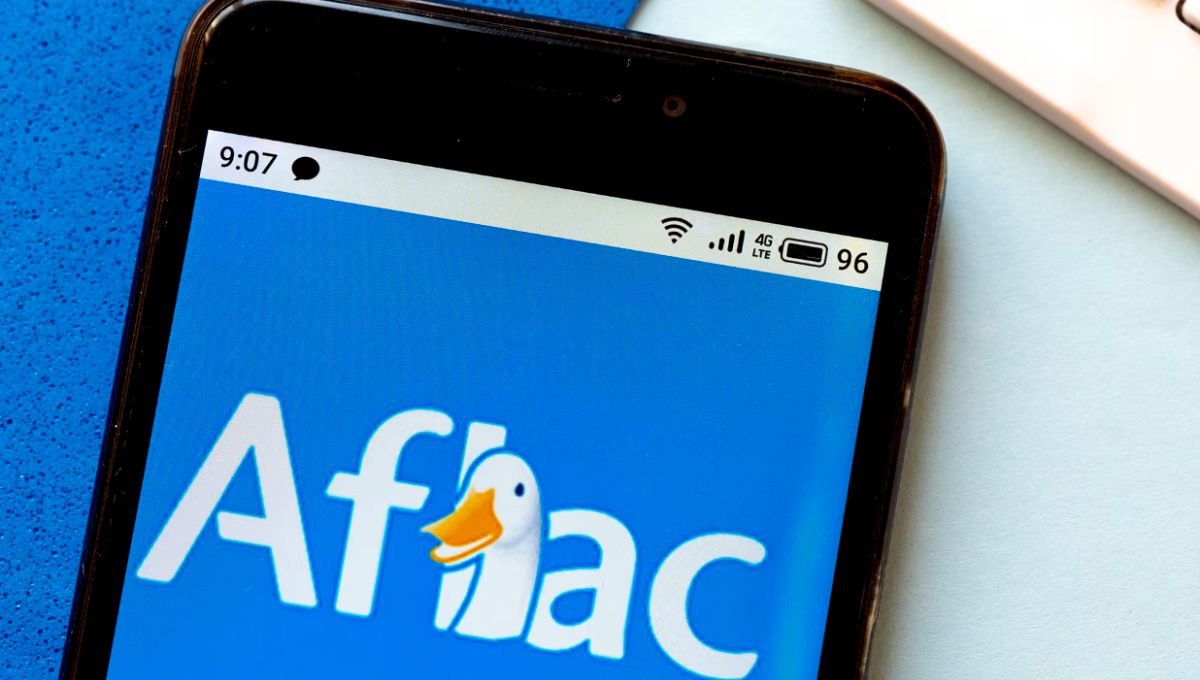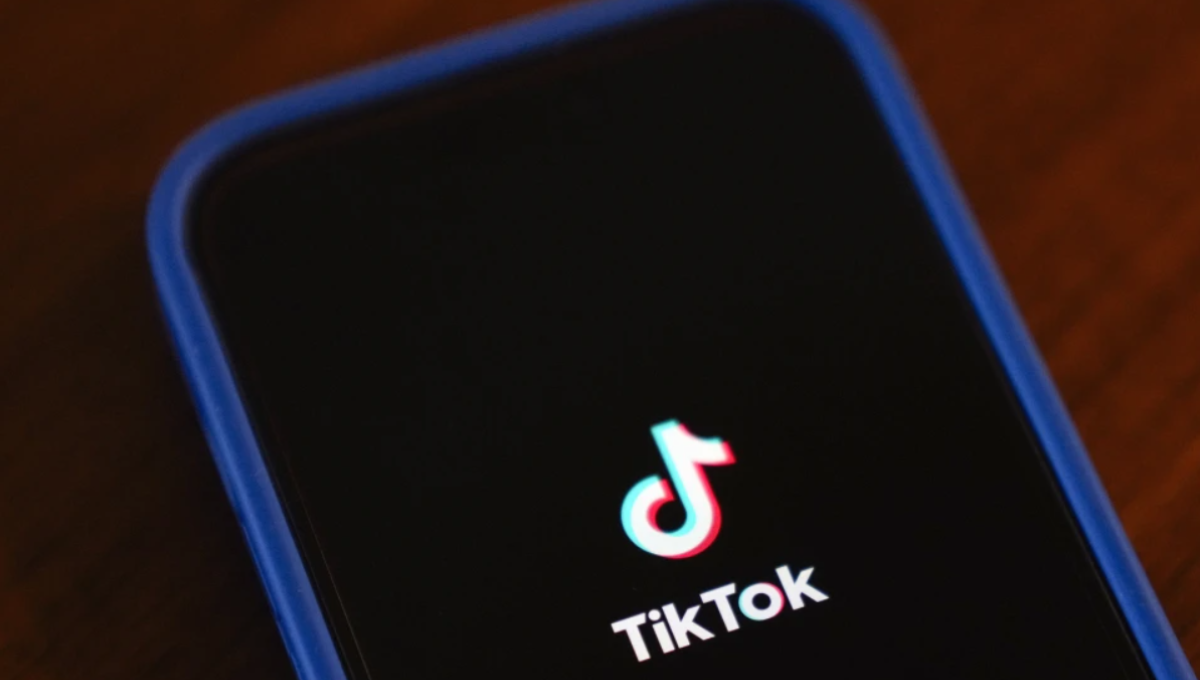Fans of Studio Ghibli, the renowned Japanese animation studio behind films like Spirited Away, were thrilled this week when a new version of ChatGPT allowed them to transform popular internet memes or personal photos into artwork resembling the unique style of Ghibli founder Hayao Miyazaki. However, this trend has sparked ethical concerns regarding artificial intelligence tools trained on copyrighted creative works and the potential impact on human artists’ livelihoods. Miyazaki, 84, known for his traditional hand-drawn animation and imaginative storytelling, has expressed skepticism about the role of AI in animation.
Janu Lingeswaran, an entrepreneur from near Aachen, Germany, wasn’t thinking much about these concerns when he uploaded a photo of his 3-year-old ragdoll cat, Mali, to ChatGPT’s new image generator. He asked ChatGPT to transform it into the Ghibli style, and within moments, it produced an anime-style image of Mali that looked like a character straight out of a Miyazaki film such as My Neighbor Totoro or Kiki’s Delivery Service. “I really fell in love with the result,” Lingeswaran said. “We’re thinking of printing it out and hanging it on the wall.”
Other users also created Ghibli-style versions of iconic images, such as a Turkish athlete’s casual pose before winning a silver medal at the 2024 Olympics, or the viral “Disaster Girl” meme featuring a 4-year-old girl smiling while a house burns in the background.
OpenAI, the creator of ChatGPT, has largely supported these “Ghiblification” experiments. CEO Sam Altman even changed his profile picture on social media platform X to a Ghibli-style portrait. In a technical paper released Tuesday, OpenAI stated that its new tool would take a “conservative approach” in how it mimics individual artists’ styles. The company also clarified that it would refuse attempts to generate images in the style of living artists but would permit broader studio styles, encouraging “delightful and inspired original fan creations.”
Studio Ghibli has not publicly commented on the matter.
As users shared their Ghibli-style images online, Miyazaki’s past comments on AI animation resurfaced. In 2016, after being shown an AI demo, Miyazaki said he was “utterly disgusted” by the technology. The demo featured grotesque, zombie-like movements, which the presenter claimed AI could produce. Miyazaki responded with a personal story, explaining how he often sees a friend with a disability struggle to do something as simple as giving a high-five, highlighting the pain behind real human experiences that AI cannot replicate. He later declared that he would “never wish to incorporate this technology into my work at all,” calling it an “insult to life itself.”
Josh Weigensberg, a partner at the law firm Pryor Cashman, raised legal questions about whether the AI tool had been trained using Miyazaki or Studio Ghibli’s work. If the training was done without proper licensing or permission, Weigensberg said, it could raise significant legal and ethical concerns. OpenAI has not responded to inquiries about whether it had permission to use Ghibli’s works for training purposes.
While “style” is not typically protected by copyright law, Weigensberg noted that specific elements from a work of art—such as recognizable scenes from Howl’s Moving Castle or Spirited Away—could potentially be copyrightable. If AI-generated art closely mimics these distinct features, it could be seen as infringing on copyright.
Artist Karla Ortiz, who is suing AI image generators for copyright infringement, called this situation another example of how companies like OpenAI disregard the work and livelihoods of artists. “It’s an insult. It’s exploitation,” Ortiz said, referring to how Ghibli’s brand and reputation are being used to promote OpenAI products. She was especially upset when the Trump administration’s official social media account posted a Ghibli-style image of a woman recently arrested by immigration agents. Ortiz expressed her hope that Studio Ghibli would take legal action against OpenAI.















